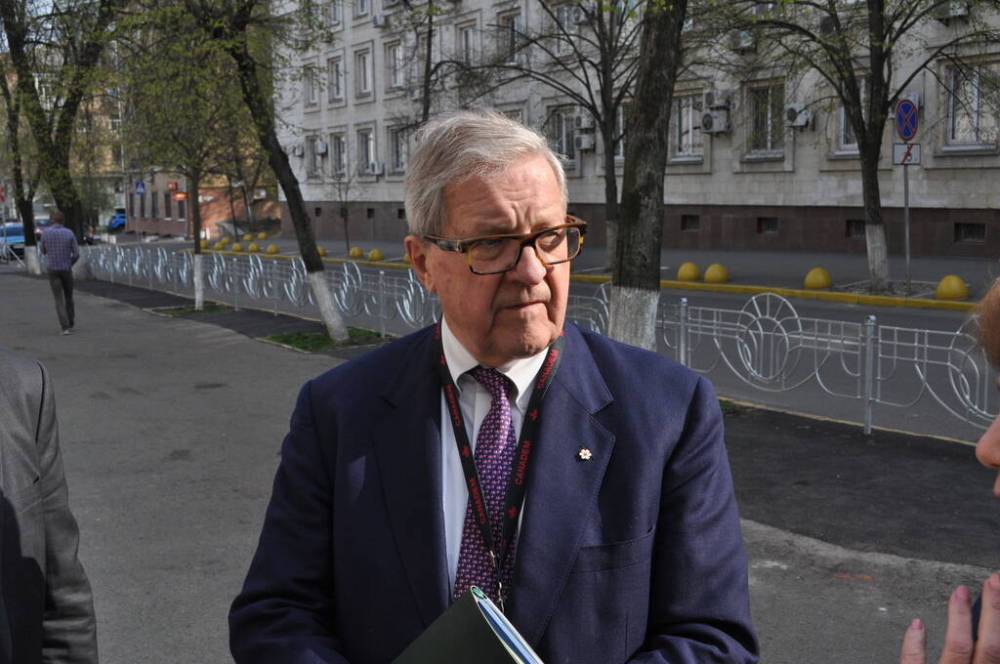Manitoba must move quickly on immigration
Read this article for free:
or
Already have an account? Log in here »
To continue reading, please subscribe:
Monthly Digital Subscription
$0 for the first 4 weeks*
- Enjoy unlimited reading on winnipegfreepress.com
- Read the E-Edition, our digital replica newspaper
- Access News Break, our award-winning app
- Play interactive puzzles
*No charge for 4 weeks then price increases to the regular rate of $19.00 plus GST every four weeks. Offer available to new and qualified returning subscribers only. Cancel any time.
Monthly Digital Subscription
$4.75/week*
- Enjoy unlimited reading on winnipegfreepress.com
- Read the E-Edition, our digital replica newspaper
- Access News Break, our award-winning app
- Play interactive puzzles
*Billed as $19 plus GST every four weeks. Cancel any time.
To continue reading, please subscribe:
Add Free Press access to your Brandon Sun subscription for only an additional
$1 for the first 4 weeks*
*Your next subscription payment will increase by $1.00 and you will be charged $16.99 plus GST for four weeks. After four weeks, your payment will increase to $23.99 plus GST every four weeks.
Read unlimited articles for free today:
or
Already have an account? Log in here »
Hey there, time traveller!
This article was published 23/02/2022 (1387 days ago), so information in it may no longer be current.
While it’s encouraging that Manitoba has formed a council to improve its immigration system, especially since the council’s leader is globally recognized immigration authority Lloyd Axworthy, the matter of attracting more newcomers is too crucial to wait until the council’s final report in 10 months.
Manitoba’s post-pandemic economic recovery will depend partly on securing more immigrants, especially those with in-demand skills in fields such as health care. Measures to make the province more attractive to newcomers should start now, not be postponed until the immigration council reports on Dec. 31.
The need for quick action on simple immigration changes should be fuelled by a sense of urgency because many other provinces and countries are competing for the same talent. In short, Manitoba is in a race with other jurisdictions, some of which are already off and running.

So it doesn’t get left behind, Manitoba can adjust its immigration strategy immediately in several simple ways to become more competitive. Drop the $500 application fee the Progressive Conservative government introduced in 2017 for some skilled workers. Reinstate universal health insurance for international students, which was dropped by the PCs in 2018. Continue to lobby federal officials to increase Manitoba’s allotment of immigrants under the Liberal plan released last week.
Such short-term changes to become a more attractive destination for skilled newcomers should be implemented simultaneously, not in place of, the necessary work planned by the newly formed immigration council.
To have an in-depth study of immigration to Manitoba headed by Mr. Axworthy is nothing short of a coup for this province. His extensive resume reaches far beyond his initial Manitoba academic and political offices and has recently included an avid interest in global population shifts. Mr. Axworthy became the first chair of the World Refugee and Migration Council, formed in 2017 by the Centre for International Governance Innovation.
To have someone with such global immigration expertise to agree to help Manitoba compose a long-term plan is an opportunity that should not be squandered.
The council will find Manitoba has high hopes to attract more skilled workers, with the provincial government estimating it will need about 15,500 new workers a year until at least 2025 to meet labour and economic demands. The council’s challenge is to decide how to reach those targets.
The council’s agenda will include talks with employers and labour groups, and also with settlement agencies and recent immigrants. The goals include streamlining this province’s provincial nominee program and improving recognition of foreign qualification.
There is reason for optimism that the timing is right for Manitoba to secure an increase in the number of newcomers allowed under the provincial nominee program. Immigration Minister Jon Reyes is currently in talks with his federal counterparts at a time when Ottawa is pledging to tackle immigration backlogs and raise its annual immigrant intake from 431,645 in 2022 to 451,000 in 2024.
When the Liberal government tabled planned changes to its immigration strategy last week, federal Immigration Minister Sean Fraser pledged a more “nimble” system to reduce the unprecendented backlog of 1.8 million applications for permanent and temporary residence and citizenship.
Manitoba has been built on a history of immigrants who make their home here, join the workforce, raise their families and contribute their diversity to this province’s rich cultural tapestry. As Manitoba rebuilds from the pandemic, the skills and talents of immigrants are needed more than ever. The challenge is to peel back the red tape of bureaucracy and let the door open wide.







